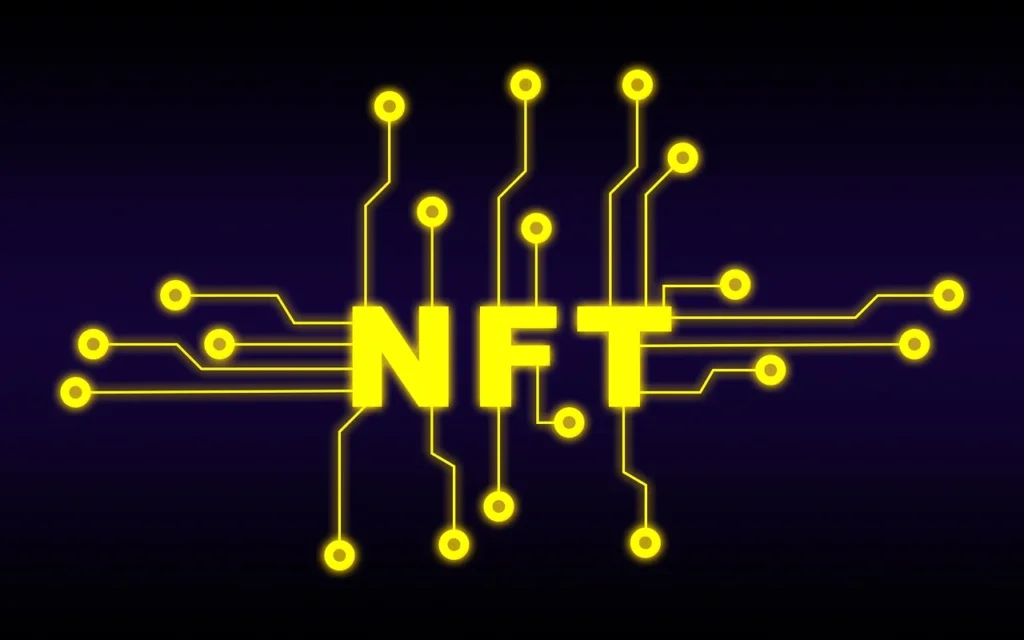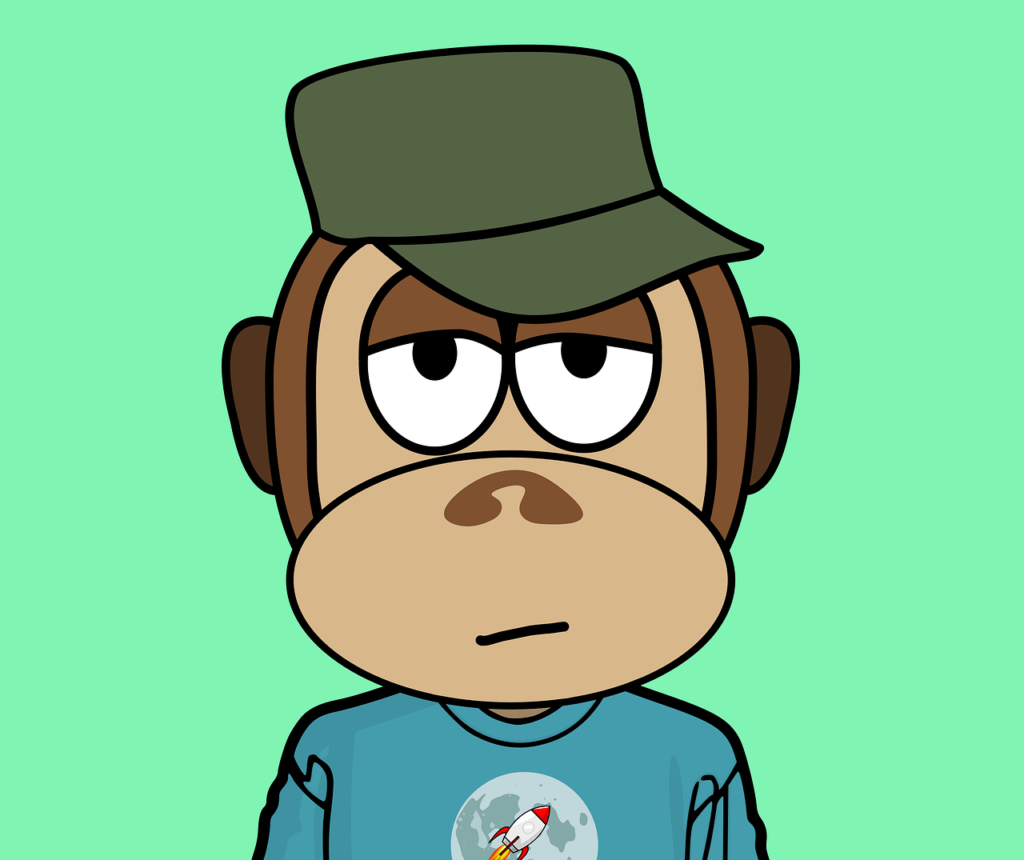Another tech thing for rich people abroad? That was my initial thought when NFTs went wild in Nigeria around 2021. A few Twitter posts here, some headlines about artists selling pixel art for millions there, and suddenly everyone was talking about it.
However, the fact is that in Nigeria, people are always looking for side hustles. So, NFTs felt like something worth checking out for me. Besides, Statista values the Nigerian NFT market at $13.9 million in 2025 (over N20.7 billion).
The question that kept coming to my mind was simple: are they real value, or just another hype that will fade like a bad Ponzi scheme? Let’s find out.
My First Brush with NFTs

The first time I actually interacted with NFTs, it wasn’t through some fancy international platform. It was a Nigerian artist on Instagram. She had posted a link saying, My NFT collection is live! I clicked out of curiosity. I saw bright digital paintings, each with an ETH price. It looked like ordinary art to me, except it existed online only.
What got me thinking was that someone in the comments said they bought one to support her work and own the rights to the art. That was when I realised NFTs were not just files you could download. They came with proof of ownership, recorded on the blockchain.
But here’s the thing: downloading her art was free. The NFT was what you were paying for. That was my first lesson. The value wasn’t just in the image itself. It was in scarcity, and the digital certificate that says this one is yours.
The Hype Side of NFTs
In Nigeria, I’ve seen the hype around NFTs follow a familiar pattern. Someone posts about making millions selling a single JPEG. Influencers start talking about once-in-a-lifetime projects. Telegram groups spring up overnight, promising exclusive whitelist spots and NFT drops that will moon.
If you’ve been online here for long, you know the tone. It’s the same way some people hype a new altcoin or meme coin before dumping it. A lot of Nigerians ape in without understanding what they are buying. Some get lucky. Many don’t.
I remember a friend who bought into an international NFT project because he saw celebrities hyping it. He spent over $300. Today, that NFT is worth less than $3. He calls it his most expensive lesson.
The hype is real. And like any hype, it attracts both opportunity and risk.
Where Real Value Exists

Hype alone doesn’t mean NFTs are useless. I’ve seen Nigerians use NFTs for real, practical value. Musicians have sold NFTs as limited-edition albums, giving buyers access to exclusive concerts. Artists are using them to connect directly with collectors without depending on galleries or middlemen. Even small businesses are experimenting with NFTs as membership passes.
I once attended a virtual art exhibition organised by the Nigerian NFT community. The event wasn’t just about showing off art. It was a networking hub. People discussed the blockchain, shared tips, and collaborated on projects. That sense of community is of real value, too.
Are NFTs Making Money?
Some Nigerians are making a steady income by trading NFTs. But here’s the truth: the successful ones treat it like a business. They research projects, study the team behind them, check the roadmap, and don’t just buy because it’s trending.
One guy I met in Port Harcourt flips NFTs for profit the same way others flip sneakers. He buys early into promising collections, sells when demand peaks, and moves on. He told me straight: If you purchase it because it’s pretty, fine. But if you’re buying to make money, this is serious market work.
There’s also the creative side. If you’re an artist, you can mint your own NFTs and sell them to a global audience. The catch is, you need both talent and marketing. It’s not enough to create something beautiful. You have to put it in front of the right audience, build a following, and keep engaging buyers.
The Risk of Scams
Because NFTs are digital and blockchain-based, they’ve become magnets for scams. I’ve seen people lose money to fake NFT collections that disappear after the sale. Others get tricked into clicking phishing links disguised as “airdrop claims” and lose their entire wallet balance.
This has led some people to ask: Is NFT legal in Nigeria? The answer is yes, but there’s much work to do for it to be accepted. Crypto literacy is still growing, and scammers prey on curiosity and greed.
If you see a mint link sent to you randomly, be suspicious. If someone promises guaranteed profits from an NFT, run. Legit NFT investments come with risk, and just like in sports betting, there’s no sure win.
How I Approach NFTs Safely

Whenever I think about buying an NFT, I go through a simple checklist:
- Do I understand the project’s purpose?
- Who is behind it, and can I verify them?
- Is the community active, or is it just bots hyping?
- If the value drops to zero, will I still be happy owning it?
This mindset has saved me from more bad decisions than I can count. It also keeps me from falling into the FOMO trap that drives so much NFT hype.
Final Thoughts
So, are NFTs in Nigeria of real value or just hype? For me, the answer is both. The hype will always be there, as it’s part of human nature to chase the next big thing. But the real value lies in how we use the technology.
If you go in blind, chasing quick profits, NFTs can leave you broke and bitter. Meanwhile, if you approach them with curiosity and a clear goal, they can be a powerful tool for creativity, community building, or even income.
In the end, I see NFTs like Lagos traffic. You can get stuck, frustrated, and regret ever starting the journey. Or, if you know the roads, stay alert, and move with purpose, you might reach somewhere worth going.

